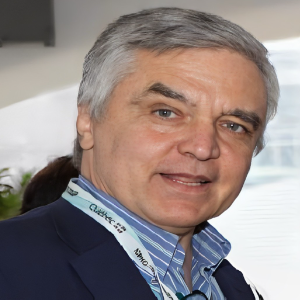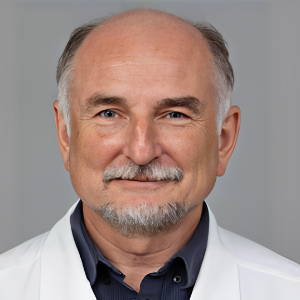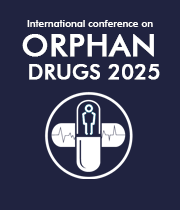Diagnosis and Challenges
It's probably surprising that, despite recent technology and medical improvements, misdiagnosis and a lack of understanding remain key problems for persons living with a rare disease or undiagnosed condition. Being without a diagnosis is a terrible situation for families, compromising the patient's health, survival, and well-being, as well as, in some cases, the patient's entire identity. Even if there is no cure, obtaining one can help the family realise what they are up against, allowing them to begin to focus on how to manage the disease and their 'new normal.' The discovery of genes that cause rare diseases has increased at an unprecedented rate in the last five years, as has the number of diagnosable but untreatable conditions. Rare disease diagnosis is difficult; yet, the speed with which genomics has progressed from a research setting to mainstream clinical practice demonstrates its utility.
- Incidence and Prevalence
- Patient Reported Burden of Disease
- Patient Access

Sergey Suchkov
The Russian University of Medicine & Russian Academy of Natural Sciences, Russian Federation
Vladlen Slepak
University of Miami, United States
Harsha Rajasimha
Jeeva Clinical Trials, Inc, United States
Vladlen Slepak
University of Miami, United States
Harsha Rajasimha
Jeeva Clinical Trials, Inc, United States
Sergey Suchkov
The Russian University of Medicine & Russian Academy of Natural Sciences, Russian Federation


Title : Emerging solutions for inclusive orphan drug clinical trials management
Harsha Rajasimha, Jeeva Clinical Trials, Inc, United States
Title : Ectopically expressed olfactory receptors as an untapped family of drug targets. Discovery of agonists and antagonists of OR51E1, an understudied G protein-coupled receptor
Vladlen Slepak, University of Miami, United States
Title : Personalized and Precision Medicine (PPM) as a unique healthcare model to secure the human healthcare and biosafety among childhood
Sergey Suchkov, The Russian University of Medicine & Russian Academy of Natural Sciences, Russian Federation
Title : Orphan and rare disease emerging as a global public health priority through the view of personalized and precision medicine: How to use the latter to revolutionize pediatric services
Sergey Suchkov, The Russian University of Medicine & Russian Academy of Natural Sciences, Russian Federation
Title : Personalized and Precision Medicine (PPM) though the view of reproductive healthcare, pediatric services and natural family planning: an option for clinicians and caregivers realize the potential of genomics-informed care to secure the individualized human biosafety
Sergey Suchkov, The Russian University of Medicine & Russian Academy of Natural Sciences, Russian Federation
Title : Democratizing ASO drug discovery at La Jolla Labs
Melissa Keenan, La Jolla Labs, United States